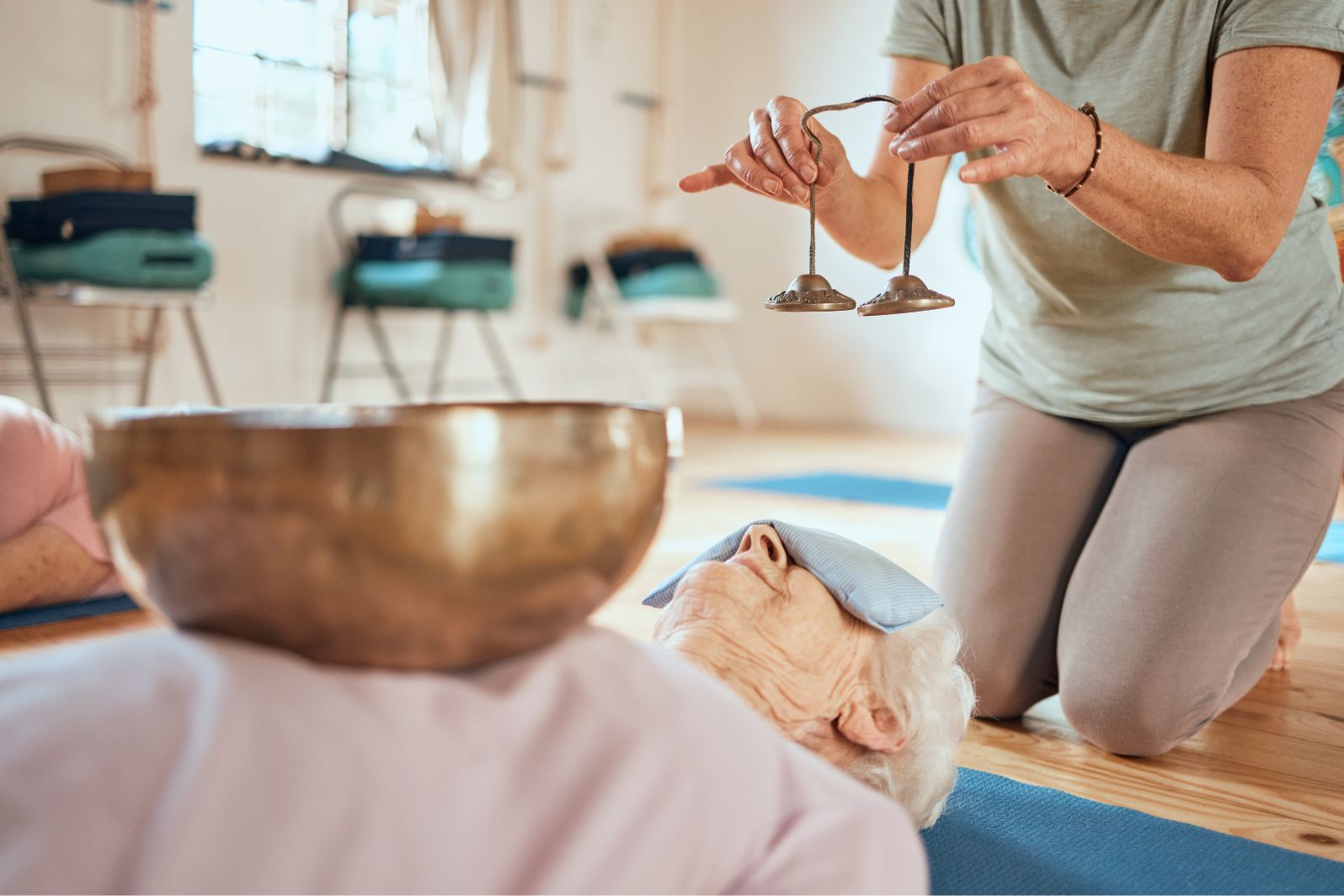Holistic Medicine for Beginners: A Gentle Introduction to a Healthier You

Embarking on a journey toward holistic well-being can feel daunting, especially for beginners. The sheer volume of information available can be overwhelming, leaving many feeling lost and unsure where to start. This comprehensive guide aims to demystify holistic medicine, offering a gentle introduction to its core principles and practical applications for achieving optimal health and vitality. Forget restrictive diets and intense workout regimens; this approach emphasizes a balanced and sustainable lifestyle shift.
What is Holistic Medicine?
Unlike conventional medicine, which often focuses on treating individual symptoms or diseases, holistic medicine takes a more integrated approach. It considers the interconnectedness of mind, body, and spirit, acknowledging that true well-being encompasses physical, emotional, mental, and spiritual health. It's about addressing the root causes of illness, not just masking the symptoms. This philosophy emphasizes prevention and empowers individuals to take an active role in their own healing process.

Key Principles of Holistic Medicine:
Several key principles underpin the holistic approach:
- Mind-Body Connection: This recognizes the powerful influence of our thoughts, emotions, and beliefs on our physical health. Stress, for instance, can manifest as physical ailments. Holistic medicine addresses these emotional and mental factors to promote overall well-being.
- Individualized Approach: Holistic practitioners understand that each individual is unique. They tailor treatment plans to address the specific needs and circumstances of each patient, rather than applying a one-size-fits-all approach.
- Natural Therapies: While conventional medical interventions might be used in some cases, holistic medicine prioritizes natural therapies whenever possible. This could include herbal remedies, acupuncture, massage therapy, yoga, and meditation.
- Prevention: Holistic medicine places a strong emphasis on prevention. By adopting healthy lifestyle choices, individuals can significantly reduce their risk of developing chronic illnesses.
- Lifestyle Integration: The changes suggested by holistic medicine are designed to be integrated seamlessly into one's daily life, promoting sustainable long-term health improvements rather than quick fixes.
Practical Steps for Beginners:
Getting started with holistic medicine doesn't require a complete overhaul of your life. Begin by incorporating small, manageable changes into your routine:
- Mindfulness and Meditation: Even a few minutes of daily meditation can significantly reduce stress levels and improve mental clarity. Numerous apps offer guided meditations for beginners.
- Healthy Diet: Focus on whole, unprocessed foods, such as fruits, vegetables, whole grains, and lean proteins. Gradually reduce your intake of processed foods, sugary drinks, and unhealthy fats.
- Regular Exercise: Aim for at least 30 minutes of moderate-intensity exercise most days of the week. This could include brisk walking, cycling, swimming, or yoga.
- Sufficient Sleep: Aim for 7-8 hours of quality sleep each night. Establish a regular sleep schedule and create a relaxing bedtime routine.
- Stress Management: Explore stress-reducing techniques like yoga, deep breathing exercises, or spending time in nature.
- Connecting with Nature: Spending time outdoors has been shown to have numerous benefits for both physical and mental health. Take a walk in the park, hike in the mountains, or simply sit under a tree and enjoy the fresh air.

Exploring Complementary Therapies:
Once you've established a strong foundation with lifestyle changes, you might consider exploring complementary therapies. Always consult with a qualified healthcare professional before starting any new treatment.
- Acupuncture: This traditional Chinese medicine technique involves inserting thin needles into specific points on the body to stimulate energy flow and promote healing.
- Massage Therapy: Massage can help reduce muscle tension, improve circulation, and promote relaxation.
- Herbal Remedies: Many herbs have medicinal properties and can be used to treat various health conditions. However, it's crucial to use them responsibly and under the guidance of a qualified herbalist.
- Yoga and Tai Chi: These mind-body practices combine physical postures, breathing techniques, and meditation to promote physical and mental well-being.
Finding a Holistic Practitioner:
If you're interested in seeking professional guidance, finding a reputable holistic practitioner is essential. Look for practitioners who are qualified, experienced, and have a holistic philosophy aligned with your values. Check their credentials and ask about their approach to treatment.
Conclusion:
Embracing holistic medicine is a journey, not a destination. Start with small, sustainable changes, listen to your body, and celebrate your progress along the way. By integrating these principles into your daily life, you can cultivate a healthier, more balanced, and fulfilling existence. Remember, the goal isn't perfection, but progress. Enjoy the process of discovering what works best for you and nurturing your holistic well-being.
Disclaimer: Artikel ini diolah dari berbagai sumber.